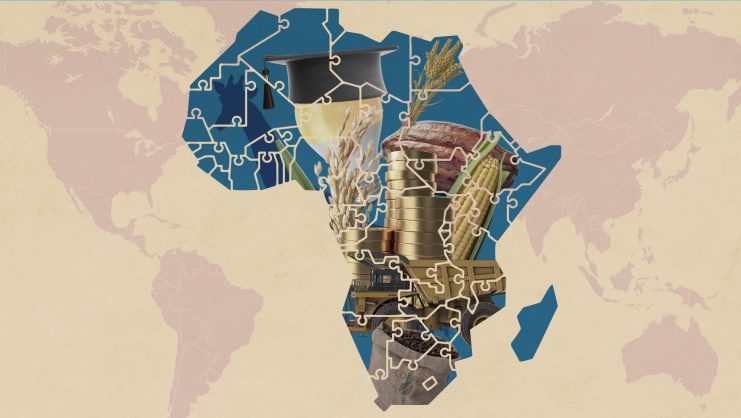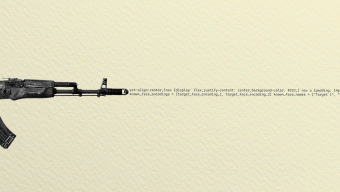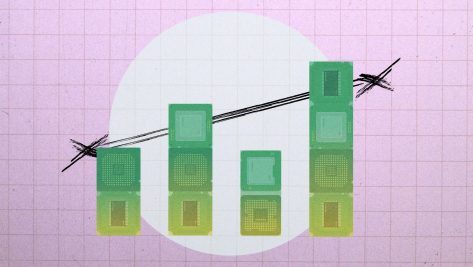Celia de Anca: During your talk at IE Business School, you mentioned that you want to transform the IDB from a development bank into a developers’ bank. What’s the difference between a development bank and a developers’ bank?
Ahmed Elkhodary: The first difference is that we will become a completely open platform that connects partners outside the bank and is heavily based on leveraging knowledge and promoting financing. The beneficiaries themselves are really the ones most familiar with their own needs; they know what kinds of resources they need. This approach is more sustainable because we build the beneficiaries’ capacity on the ground and they can continue development after our exit. That’s really the objective of becoming a developer-focused institution.
Our next step will be to redesign conventional Islamic finance to bring it in line with the trends of the future, which dictate that solutions must be available virtually.
Celia de Anca: Very interesting. I’d like to know more about the technological platform that the IDB is developing, which you announced today. You said that this platform will allow you to transform the role of finance in this area. What, exactly, is your proposition for the market?
Ahmed Elkhodary: Basically, what we’re trying to do is build a fourth sector in society. In addition to the public sector, the private sector, and civil society, we want to grow a fourth sector: the developers’ sector. Our platform provides an opportunity for the people who understand regulatory constraints—the people who make up this fourth sector—to tell us how we should do development. The IDB is open to listening to the world. It’s better and more sustainable for us to work with outside experts, who are numerous. The platform will drive the IDB’s agenda. Ideas and solutions presented on the platform will be the main source of input for all of our financing policies. Instead of our headquarters dictating how financing should work, we’ll let the crowd help us set priorities and identify challenges. That’s how we want to do it.
We have to take advantage of all the new technologies in order to develop the finance of the future.
Celia de Anca: How will this strategy affect the future of Islamic finance? As you know, Islamic finance is somewhat controversial; it has supporters as well as detractors. What role do you see Islamic finance playing in the future?
Ahmed Elkhodary: What we want to achieve is a paradigm shift in Islamic finance, a generational leap. In the past, Islamic finance was playing catch-up and in some ways competing in the same market with conventional finance. Our strategy is to break out of that, tap into the “unbankable,” establish our value proposition in open fields that nobody is paying attention to, cultivate those fields, and sell Islamic finance as a social impact solution. After that, our next step will be to redesign conventional Islamic finance to bring it in line with the trends of the future, which dictate that solutions must be available virtually. We have to take advantage of all the new technologies in order to develop the finance of the future.
© IE Insights.











